Overview
Physics and mathematics have always been closely intertwined, with developments in one field frequently inspiring the other. Currently, there are many unsolved problems in physics which will likely require new innovations in mathematical physics.
For example, theoretical physicists have used field theory to successfully describe the strong and electroweak interactions of particle physics, and all sorts of condensed matter physics. Most of our understanding has been based on perturbative calculations, valid when coupling constants are small. Nevertheless, we believe that quantum field theories describe subatomic physics even when couplings are large; for example, gauge theory should still describe the physics of confinement, which by its nature requires strong couplings. Moreover, experimental advances have allowed extensive scrutiny of condensed matter systems like the quantum Hall effect, quantum impurities and spin chains where the interactions are strong. Such systems often exhibit non-Fermi-liquid behavior, where perturbation theory around free electrons cannot even be formulated.
Because perturbation theory is not useful for such problems, it is vital that new methods of understanding strong-coupling physics be developed. A number of such methods are under investigation at UVa. The Bethe Ansatz allows many two-dimensional models to be solved; for example, in the fractional quantum Hall effect, the point-contact tunneling amplitude was recently exactly computed. A symmetry between bosons and fermions called supersymmetry often yields exact results in any dimension. Recently, remarkable dualities between theories at weak coupling and those at strong coupling have been discovered. These and other methods are being developed further to provide not only new types of mathematics, but to describe the physical world.
Personnel
 Israel Klich
Israel KlichMy main field of interest is condensed matter physics with strong overlaps with mathematical physics and field theory. My research interests include entanglement in many-body systems, the Casimir effect, topological order and non-equilibrium statistical mechanics. More>
 Marija Vucelja
Marija VuceljaMarija Vucelja's research field is nonequilibrium statistical physics, with applications to soft-condensed matter and computational physics (physics of sampling). More>
 Physics at Virginia
Physics at Virginia